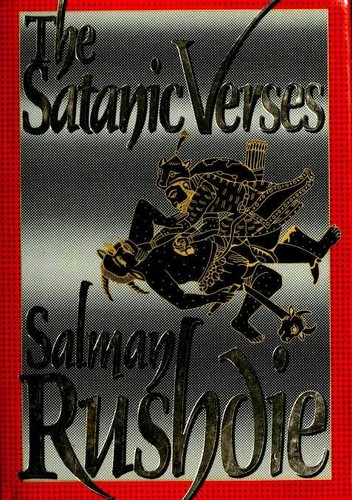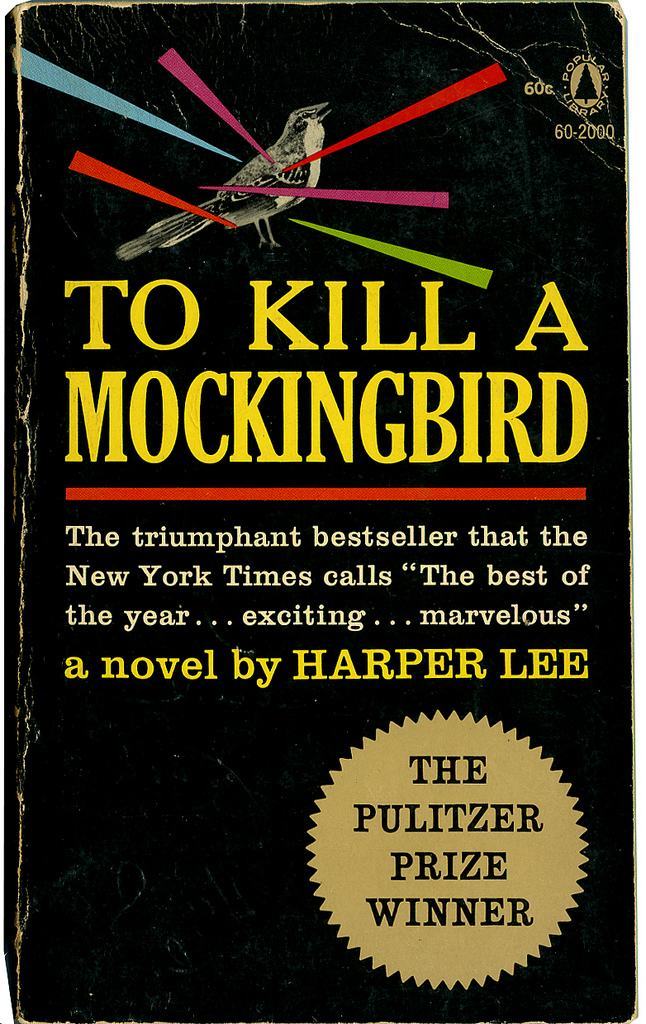The August 12 assault on Salman Rushdie was almost certainly prompted by his “blasphemy.” In 1989, the Ayatollah Khomeini took a dislike to Rushdie’s The Satanic Verses, called it blasphemy, and put a bounty on Rushdie and his publishers. Rushdie went into hiding for years, the book’s Japanese translator was murdered, and the Italian translator was stabbed. 
Writing about controversial subjects has always attracted anger and violence, and religion is one of the most controversial. Many governments with state religions have imposed severe penalties for blasphemy. Leviticus 24:16 says, “And he that blasphemeth the name of the Lord, he shall surely be put to death, and all the congregation shall certainly stone him: as well the stranger, as he that is born in the land, when he blasphemeth the name of the Lord, shall be put to death.” The most famous blasphemy execution in history was the one of Jesus of Nazareth. For his part, Jesus said that blasphemy against the Holy Spirit is the one unforgivable sin.
In modern times, several countries, mostly Muslim, have laws against blasphemy, sometimes carrying the death penalty. In Pakistan, mobs have murdered alleged blasphemers. Even the supposedly civilized country of Austria has a blasphemy law, and several people have been convicted under it. The European Court of “Human Rights” says that such laws are fine. So much for freedom of religion. Germany has a law that can get someone who “through dissemination of written materials (section 11(3)) defames the religion or ideology of others” locked up for three years.
(more…)
 Here’s my latest for the Online Library of Liberty: “The Politics of Music Under Louis XIV.” Under Louis, successful art was art which he liked, by people he liked. In music, that meant Jean-Baptiste Lully, who got monopoly privileges from the king.
Here’s my latest for the Online Library of Liberty: “The Politics of Music Under Louis XIV.” Under Louis, successful art was art which he liked, by people he liked. In music, that meant Jean-Baptiste Lully, who got monopoly privileges from the king.


 Alarm and disasters sell in the news media. People want to appear serious by citing problems rather than progress. Organizations looking to raise money or get people involved focus on what needs fixing. Taken together, they can create the impression that only terrible things are happening and they’re getting worse.
Alarm and disasters sell in the news media. People want to appear serious by citing problems rather than progress. Organizations looking to raise money or get people involved focus on what needs fixing. Taken together, they can create the impression that only terrible things are happening and they’re getting worse. The title of this blog post includes the subtitle, because otherwise the book title sounds like a conservative political treatise. Charles Howe’s
The title of this blog post includes the subtitle, because otherwise the book title sounds like a conservative political treatise. Charles Howe’s